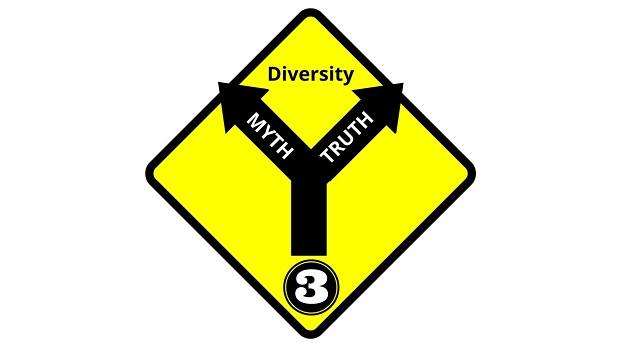
Earlier this month, Gillette released an ad urging men to hold themselves and one another accountable for improving the standards of behavior for men and boys alike. The clip is nearly two minutes long, and opens with sound bites on the #MeToo movement before providing visuals that run the gamut from childhood bullying, to the boardroom suppression of women. In addition to creating and running the ad, Gillette pledged one million dollars a year for the next three years to “non-profit organizations executing programs in the United States designed to inspire, educate and help men of all ages achieve their personal ‘best’ and become role models for the next generation.”
Only in America could an ad like this – encouraging men to hold one another accountable, teach young boys healthy behaviors and generally respect women – be seen as controversial. We saw responses from the likes of Piers Morgan tweeting, “Let the boys be damn boys. Let the men be damn men.” Several others shared thoughts saying, “toxic masculinity doesn’t exist” and “what about toxic femininity?” Some took issue with the fact that the director of the ad was a woman (because what could a woman possibly know about toxic masculinity…Right?!). Others complained that the ad ignores the role women play in raising boys to different standards than girls. Still others were upset that it presented sexual harassment and bullying as issues exclusively related to men and boys.
For clarity, Gillette never once mentioned toxic masculinity, nor did the brand claim to be dismantling toxic masculinity. They simply addressed a societal standard that sorely needs addressing. (However, it’s not difficult to imagine how the conversation would get there, especially in the context of our current culture of sensationalism). Gillette is a brand that caters to men, with products designed for men and a slogan that says, “The Best a Man Can Get.” This is a company that has been unapologetically serving men for over a century. Not only is Gillette completely justified in creating an ad that challenges men to examine ourselves and our behaviors – they’re probably one of the more qualified companies to do so.
Not only is Gillette completely justified in creating an ad that challenges men to examine ourselves and our behaviors – they’re probably one of the more qualified companies to do so. Share on XThe Good Men Project defines toxic masculinity as a “narrow and repressive description of manhood, designating manhood as defined by violence, sex, status and aggression. It’s the cultural ideal of manliness, where strength is everything while emotions are a weakness; where sex and brutality are yardsticks by which men are measured, while supposedly ‘feminine’ traits—which can range from emotional vulnerability to simply not being hypersexual—are the means by which your status as ‘man’ can be taken away.” It’s a real issue with real consequences. It’s not always breaking news on primetime television. It operates in an insidious manner simultaneously teaching those who embrace it that they embody a unique power and privilege that separates them from others, and those in close proximity to adjust.
To effectively dismantle toxic masculinity, we must first understand that, in a society with power imbalances based on gender, this manifestation may have been inevitable – but it is not incurable. Here are some thoughts on how to make improvements:
To effectively dismantle toxic masculinity, we must first understand that, in a society with power imbalances based on gender, this manifestation may have been inevitable – but it is not incurable. Share on XListen to Women
Find women in your circle who you can trust to have open conversations about their experiences dealing with toxic masculinity in the workplace and at leisure. Even ask about specific moments when you may have exuded behaviors that may have made them uncomfortable or concerned. Be receptive to whatever information you receive, and be prepared to make adjustments if necessary.
Find women in your circle who you can trust to have open conversations about their experiences dealing with toxic masculinity in the workplace and at leisure. Share on XClean Up After Ourselves
Take an honest inventory of your own thoughts and behaviors. Determine if there are any areas, settings or circumstances where you are prone to acting in a way that may be harmful to others. Do you raise your voice when challenged? Are you uncomfortable reporting to a woman in the workplace? When was the last time you had a moment of weakness? These questions and others will allow you to reflect and identify areas where there might be room for improvement.
Less Defense… More Offense Against Toxicity
A conversation on toxic masculinity may cause a knee-jerk reaction to defend yourself, your friends or anyone else, simply based on shared gender identity. Rather than following that impulse, take a moment to consider views that differ from your own, and those that may challenge your way of thinking. Be on the offense when it comes to understanding and addressing behaviors that could be toxic.
It’s very encouraging to see brands like Gillette use their platform, reach, and influence to spark a conversation that is long overdue. Addressing this societal issue will take effort, involvement and understanding from all of us. If we choose not to shy away from this issue – to get comfortable with this uncomfortable dialogue – we could build the kind of future the young boys and girls of today deserve.


















